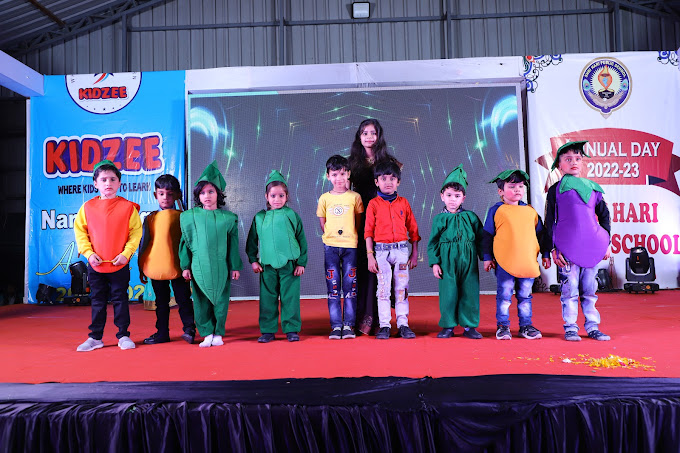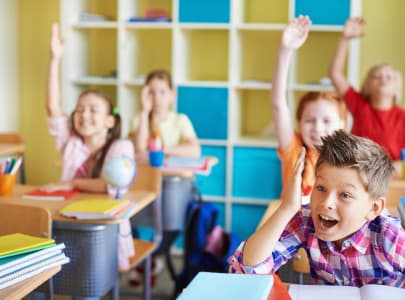Subtotal $0.00

In Class 5, the curriculum expands upon the knowledge and skills developed in earlier years, introducing more complex concepts while fostering greater independence in learning. Here’s a comprehensive overview of the subjects typically covered in Class 5:


Reading:
Writing:
Grammar:
Vocabulary:
Oral Skills:
Reading and Writing:
Grammar:
Vocabulary:
Oral Skills:
Numbers:
Fractions and Decimals:
Geometry:
Measurement:
Data Handling:
Our Planet:
Living Things:
Environment and Society:
Geography:
History:
Current Affairs:
Drawing and Painting:
Craft Activities:
Games and Sports:
Health Education:
Music:
Dance:
Interactive Learning: Incorporating visual aids, multimedia resources, and hands-on activities to make learning engaging and effective.
Project-Based Learning: Encouraging students to work on projects that integrate multiple subjects and foster critical thinking and problem-solving skills.
Assessment: Regular assessments through quizzes, tests, classwork, and projects to evaluate understanding and progress.
Monday - Thursday:8am - 4pm
Friday - Saturday:8am - 5pm
Sunday: Closed